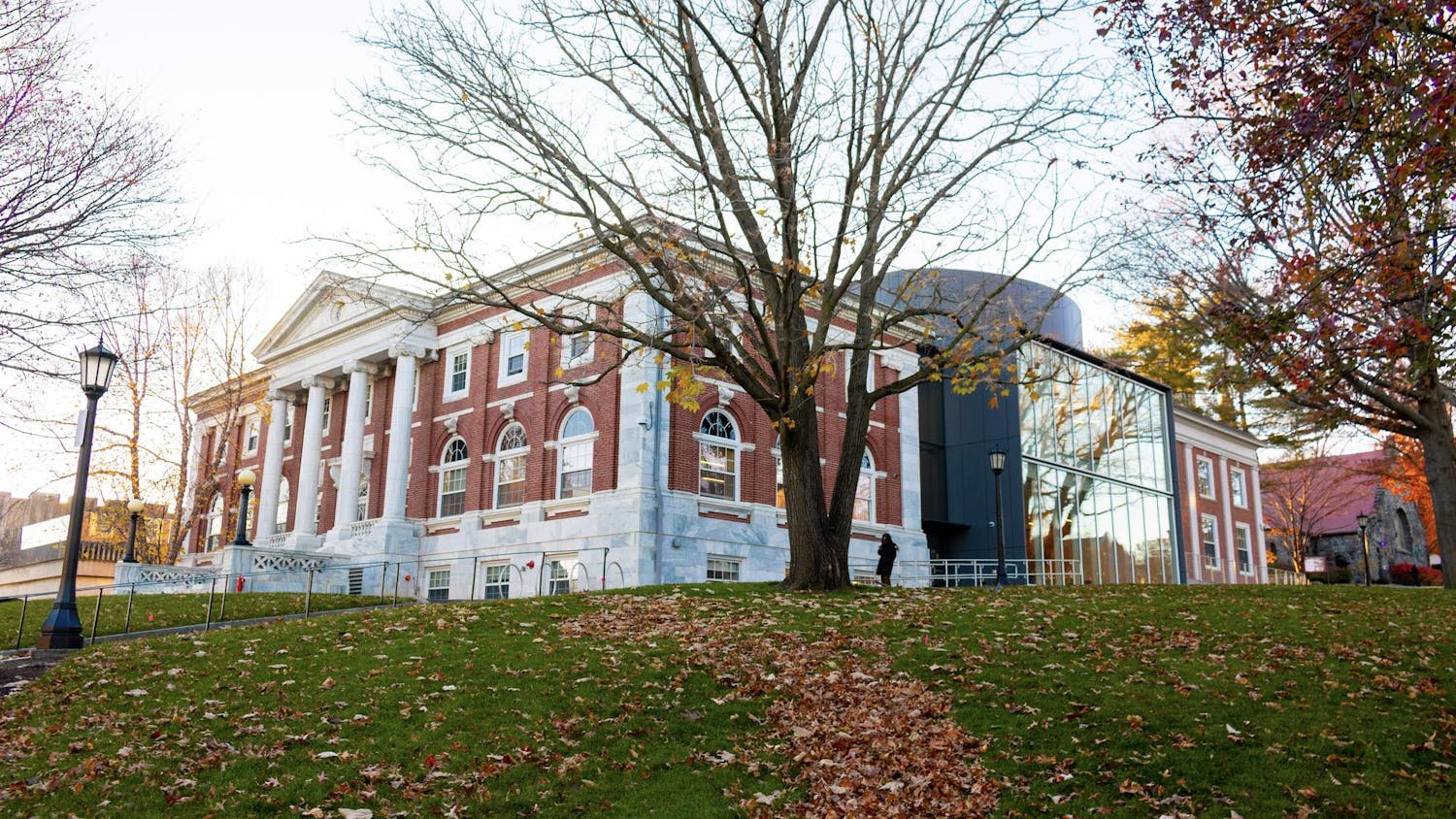L ast Tuesday, I squeezed into an overflowing Association of Southeast Asian Nations (ASEAN) Auditorium to hear a lecture by the famous linguist and social critic, Institute Professor of Linguistics at Massachusetts Institute of Technology Noam Chomsky, entitled "Democracy in America and Abroad."
Whether you agree with him or not, Chomsky is undoubtedly one of the leading public intellectuals of the 20th century. Much of that popularity stems not from his profound, abstruse contributions to linguistics, but his polemical and overly simplistic invectives against the United States.
Chomsky did not disappoint. As he often does in his books, including the one of the latest, "Failed States" (2006), he painted a grim picture of America's terminal crisis at home and moral crisis abroad, triggered by sinister forces that vie for money and power and manufacture threats while marginalizing the real concerns of the American people. In its supposed aim of preventing "viruses from spreading into contagions" abroad since World War II, Chomsky thinks the United States has not only infected the rest of the world with dictatorship, war and genocide, but ignored its own ailments at home. Though history offers no shortage of American missteps, Mr. Chomsky's ability to marshal mountains of evidence from around the world to back his claims was nonetheless impressive. To the untrained eye or the unassuming mind, his vivid accounts of how the United States thwarted democracy in Iran, Chile and Guatemala and built in a support system for risky companies at home may suggest that the hand of America's corporate elite is obstructing the will of the people and advancing its narrow imperial interests.
Only an American apologist would deny that America is far from perfect in terms of both its domestic system and foreign policy. Yet Chomsky's thesis about how and why policy failures occur is far too neat. Where he sees "rational consistency" — a calculated, staged effort by a few puppeteers advancing a set agenda — historians see a far messier world where U.S. policymakers try to balance ideals and interests, reconcile their fears and dreams and act on threats and opportunities by making difficult choices in a complex world with limited capabilities. In this world, there is far less design and much more debate than Chomsky suggests.
From this perspective, America supported these dictators rather than democrats abroad because policymakers, overwhelmed by fear or motivated by opportunity, sometimes viewed the world from the singular lens of communism, which tended to distort their perspective. Similarly, the sub−prime mortgage crisis can be traced at least partly to earlier government efforts to increase home ownership among lower income people, which led to riskier loans, rather than just a corporate conspiracy to pocket profits. Interests mattered, but they were only part of a more complex and contested story.
On some counts, Chomsky's virally popular and over−simplistic designs border on lunacy. He said the United States dreamed up NATO to control Europe, when it is now clear that the initiative first came largely from the European side amidst initial American ambivalence. Most shockingly, he questioned the assumption that the Cold War was a competition between the American and Soviet systems, which is the one thing on which most historians of the period agree.
Such a world offers little in the way of prescription. If policy is being run by the powers that be, there is precious little one can do beyond reading Chomsky's book on anarchism, propagating cynical views and organizing radical protests. There is always room for radical thought. But one would hope the countless Tufts freshmen who attended the lecture do not catch the Chomsky virus, and channel their energies toward constructing designs and dreaming up worlds that do not exist at a time when they could be reforming part of a complex and imperfect American system that is a reality.
--





